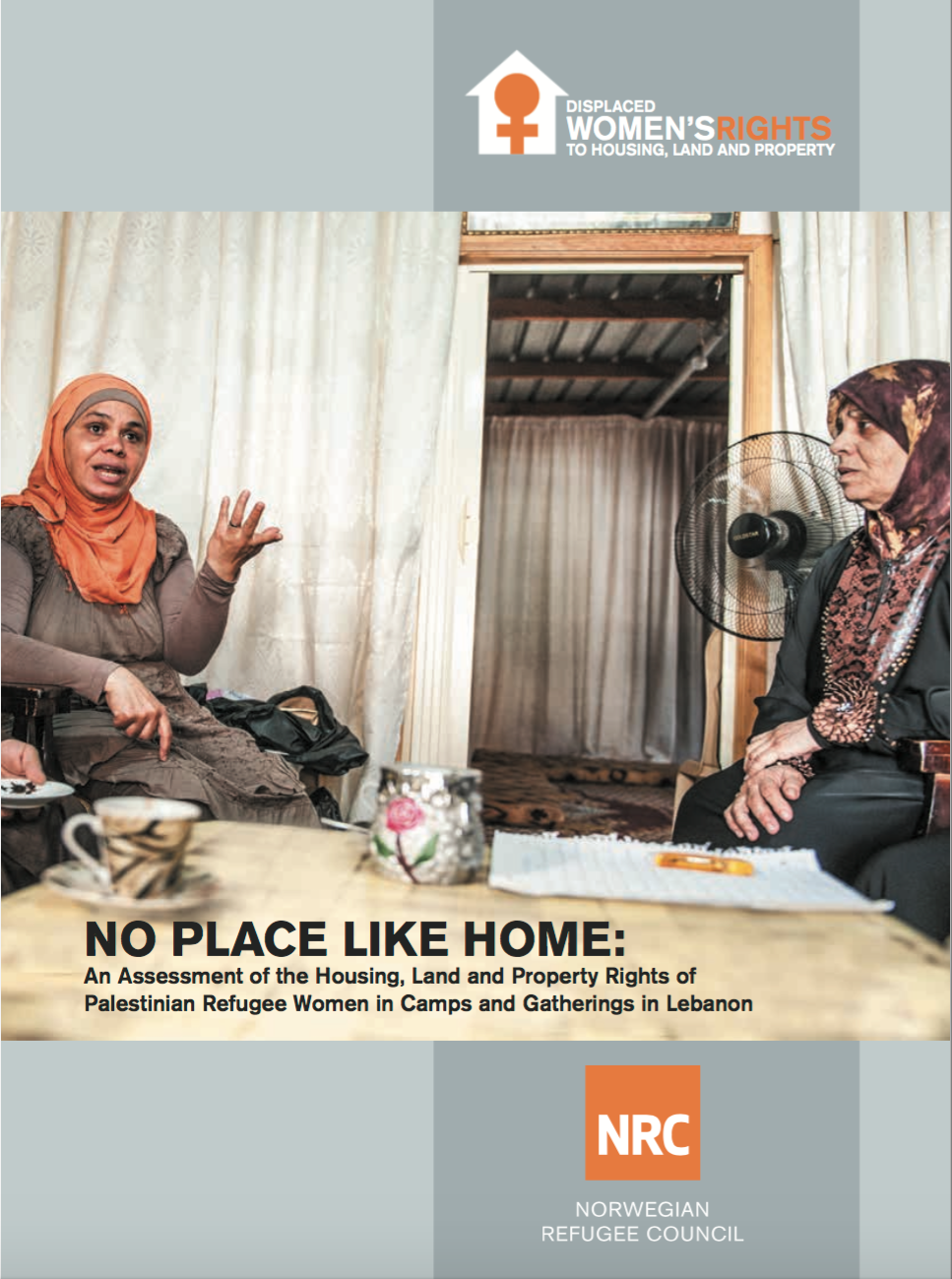Land institutions and land markets
In agrarian societies land serves as the main means not only for generating a livelihood but often also for accumulating wealth and transferring it between generations. How land rights are assigned therefore determines households' ability to generate subsistence and income, their social and economic status (and in many cases their collective identity), their incentive to exert nonobservable effort and make investments, and often their ability to access financial markets or to make arrangements for smoothing consumption and income.





